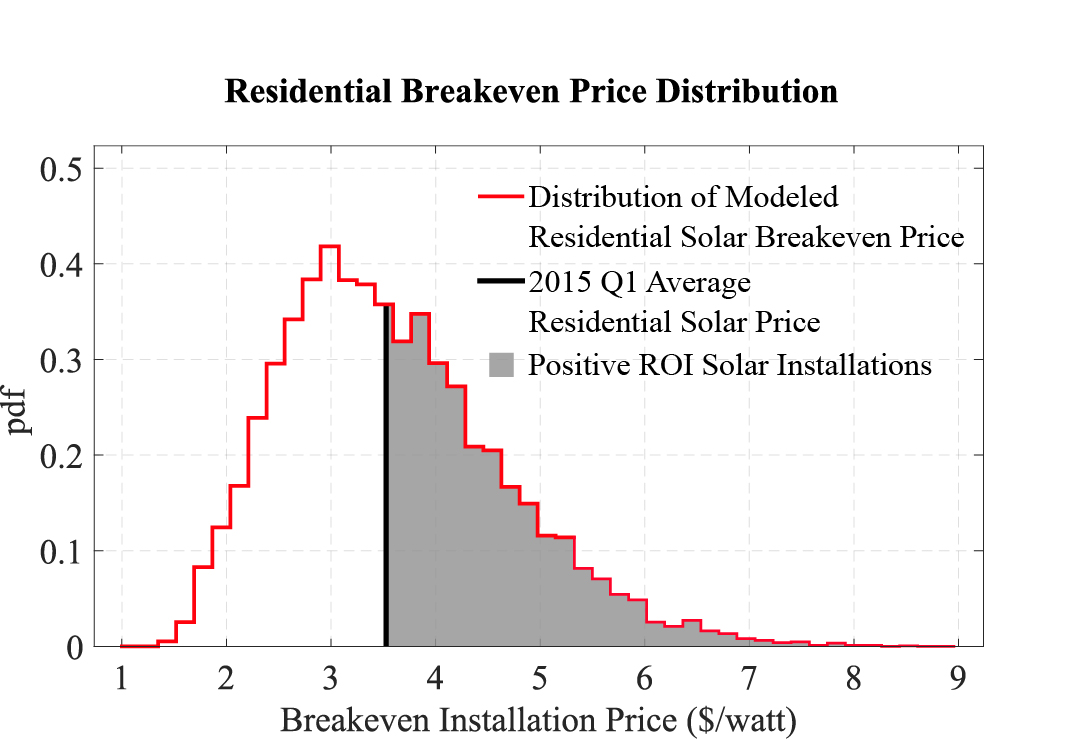Class-Action Lawsuit Alleges Deceptive Practices By Fortnite Maker Epic Games

Table of Contents
A class-action lawsuit has been filed against Epic Games, the creators of the wildly popular game Fortnite, alleging deceptive practices targeting young players. This lawsuit claims Epic Games employed manipulative tactics to encourage excessive spending on in-game purchases, exploiting vulnerabilities in the game's design and marketing strategies. This article delves into the details of the lawsuit, examining the specific allegations and their potential implications for the gaming industry and consumer protection. We will explore the key claims, the potential impact, and what this means for Fortnite players and their parents.
<h2>Key Allegations of the Class-Action Lawsuit</h2>
The lawsuit against Epic Games centers around several key allegations regarding deceptive practices within Fortnite. These claims highlight concerns about manipulative game design, misleading marketing, and a lack of transparency regarding in-app purchases.
<h3>Manipulative In-Game Design</h3>
The lawsuit alleges that Fortnite's design is intentionally manipulative, exploiting psychological principles to encourage impulsive spending. This includes features like loot boxes and randomized rewards, designed to create an addictive cycle of anticipation and reward.
- Bright colors and rewarding sounds: The lawsuit points to the use of visually stimulating elements and positive audio cues associated with acquiring in-game items, reinforcing the behavior of purchasing more.
- Limited-time offers and scarcity: The creation of artificial scarcity through limited-time offers and exclusive items pressures players into immediate purchases, preventing rational decision-making.
- Variable ratio reinforcement: The unpredictable nature of loot boxes mimics casino-style gambling, exploiting the psychological principle of variable ratio reinforcement known to be highly addictive. Players are incentivized to continue spending in hopes of receiving rare or desirable items.
<h3>Deceptive Marketing Practices</h3>
The lawsuit further accuses Epic Games of employing deceptive marketing and advertising campaigns that downplay the true cost and likelihood of obtaining desirable in-game items.
- Misleading visuals and promotional materials: The lawsuit argues that marketing materials often showcase the most appealing items without adequately representing the odds of acquiring them through in-app purchases.
- Targeted advertising towards children and teenagers: The lawsuit highlights the vulnerability of young players to these manipulative tactics, emphasizing the lack of critical thinking and financial literacy among the target demographic.
- Hidden costs and fees: The lawsuit alleges that the actual cost of acquiring certain items is often obfuscated, with additional fees or in-game currency conversions only revealed during the purchase process.
<h3>Lack of Transparency Regarding In-App Purchases</h3>
The lawsuit emphasizes Epic Games' failure to adequately inform players, particularly minors, about the financial risks associated with in-app purchases within Fortnite.
- Insufficient warnings and disclosures: The complaint contends that warnings about the potential for significant spending are insufficient or easily overlooked within the game's interface.
- Confusing in-app purchase mechanisms: The complexity of the in-game currency system and the multiple layers of purchasing options are criticized for confusing players, especially younger ones, making it easier to accidentally make purchases.
- Violation of consumer protection laws: The lawsuit argues that these practices violate various consumer protection laws designed to protect vulnerable consumers from misleading business practices.
<h2>Potential Impact of the Lawsuit on Epic Games and the Gaming Industry</h2>
The outcome of this class-action lawsuit could have far-reaching consequences for Epic Games and the gaming industry as a whole.
<h3>Financial Penalties and Legal Ramifications</h3>
If found guilty, Epic Games faces substantial financial penalties, including significant fines and potentially massive legal settlements to compensate affected players. This lawsuit could set a significant legal precedent, influencing how other game developers structure their in-app purchase systems and marketing strategies.
<h3>Changes to In-Game Design and Marketing</h3>
The lawsuit may force Epic Games to revise Fortnite's design and marketing to better protect players from manipulative practices. This could involve changes to loot box mechanics, clearer disclosures about in-app purchases, and a more responsible approach to advertising targeted at young players. This could potentially lead to future regulations on in-app purchases across the gaming industry, impacting the monetization strategies of many game developers. The lawsuit also has the potential to negatively impact Epic Games' reputation and brand image.
<h2>Advice for Fortnite Players and Parents</h2>
To mitigate the risks associated with in-app purchases in Fortnite and similar games, players and parents should take proactive measures.
<h3>Parental Controls and Monitoring</h3>
Parental controls are crucial for monitoring children's gaming activities and limiting spending.
- Utilize platform-specific parental controls: Most gaming platforms offer parental control features to restrict spending, playtime, and access to certain content.
- Open communication about responsible spending: Have open conversations with children about the importance of budgeting and responsible spending habits, explaining the potential financial consequences of in-app purchases.
- Regularly monitor account activity: Regularly review children's game accounts to check for unauthorized purchases or excessive spending.
<h3>Understanding In-App Purchase Mechanics</h3>
Players should thoroughly understand how in-app purchases work before making any transactions.
- Read all terms and conditions carefully: Understand the costs, probabilities, and potential risks involved before committing to any purchase.
- Set spending limits and stick to them: Budget a specific amount for in-game purchases and avoid exceeding that limit.
- Utilize resources for responsible gaming: Many organizations offer resources and information about responsible gaming and managing in-app purchases.
<h2>Conclusion</h2>
This class-action lawsuit against Epic Games highlights the serious concerns surrounding manipulative design and marketing practices in the gaming industry, specifically targeting vulnerable young players. The allegations of deceptive practices in Fortnite raise crucial questions about consumer protection and responsible game design. The outcome of this lawsuit could significantly impact the future of in-app purchases and the gaming industry's approach to monetization. Stay informed about the developments of this Fortnite class-action lawsuit and consider the advice provided to protect yourself and your children from potentially exploitative gaming practices. Understanding the implications of this case is crucial for all Fortnite players and parents concerned about responsible gaming habits.

Featured Posts
-
 Limited Time Fortnite Cowboy Bebop Items Get Yours Now
May 03, 2025
Limited Time Fortnite Cowboy Bebop Items Get Yours Now
May 03, 2025 -
 Negative Feedback Floods Fortnite Players Unhappy With Latest Shop Items
May 03, 2025
Negative Feedback Floods Fortnite Players Unhappy With Latest Shop Items
May 03, 2025 -
 Orta Afrika Cumhuriyeti Nin Bae Ile Yeni Ticaret Anlasmasi Ekonomiye Etkisi
May 03, 2025
Orta Afrika Cumhuriyeti Nin Bae Ile Yeni Ticaret Anlasmasi Ekonomiye Etkisi
May 03, 2025 -
 Inauguration Du Parc De Batteries D Eneco A Au Roeulx Une Nouvelle Etape Pour L Energie En Belgique
May 03, 2025
Inauguration Du Parc De Batteries D Eneco A Au Roeulx Une Nouvelle Etape Pour L Energie En Belgique
May 03, 2025 -
 Ajtmae Wzyr Altjart Alsewdy Mnaqsht Sbl Tezyz Alelaqat Altjaryt Me Adhrbyjan
May 03, 2025
Ajtmae Wzyr Altjart Alsewdy Mnaqsht Sbl Tezyz Alelaqat Altjaryt Me Adhrbyjan
May 03, 2025
Latest Posts
-
 A New Direction For Reform Why Farage Should Make Way For Lowe
May 04, 2025
A New Direction For Reform Why Farage Should Make Way For Lowe
May 04, 2025 -
 The Reform Party Needs New Leadership Why Rupert Lowe
May 04, 2025
The Reform Party Needs New Leadership Why Rupert Lowe
May 04, 2025 -
 Reform Party Leadership Change A Case For Rupert Lowe
May 04, 2025
Reform Party Leadership Change A Case For Rupert Lowe
May 04, 2025 -
 Dutch Utilities Explore Dynamic Pricing Based On Solar Energy Production
May 04, 2025
Dutch Utilities Explore Dynamic Pricing Based On Solar Energy Production
May 04, 2025 -
 Farage Vs Lowe The Future Of The Reform Party
May 04, 2025
Farage Vs Lowe The Future Of The Reform Party
May 04, 2025
